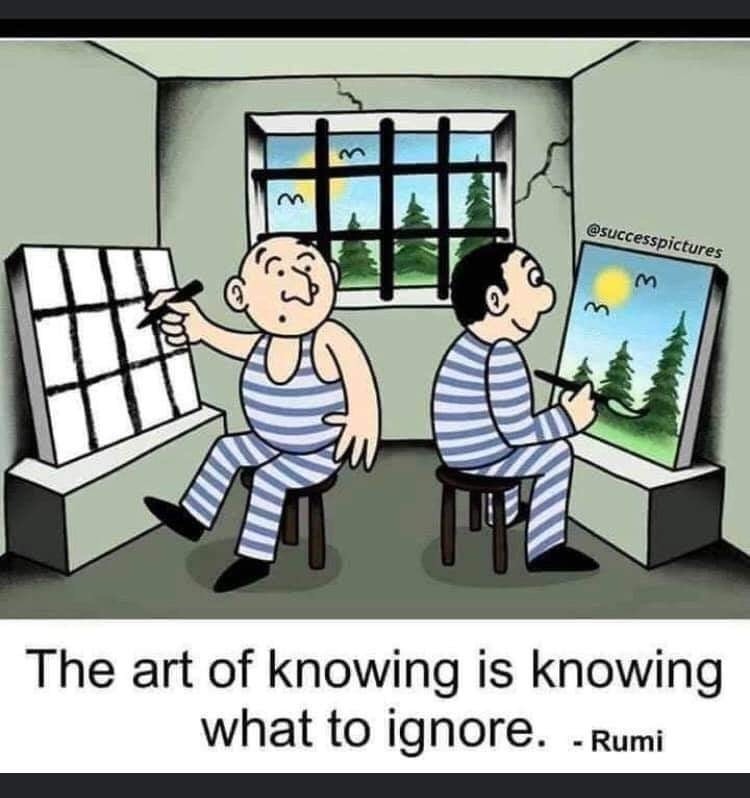Why you should consider mindfulness with your eyes wide open

To be honest, you cannot move for having mindfulness shoved in your face. Some folk would have you believe that it is a general panacea for all ills from all manner of mental ‘dysfunction’ to unsatisfactory relationships and everything in between. However, as with most things that become a ‘thing’, it has been pulled out of shape in some quarters.
Mindfulness is now being adopted globally and rebadged and branded without any reference to its spiritual context. There is a significant difference between the reflective and meditative approaches to mindfulness that originated as part of Buddhist philosophy and ‘Modern Mindfulness’. This latter-day approach is often added to ‘clinical’ and ‘positive’ psychology approaches, where mindfulness is viewed as a manipulated state of mind.
From a participant’s perspective, the outcome can be very different if mindfulness is approached in this ‘mechanical’ way. It can result in a continual evaluation of oneself, leading to self-criticism, self-blame, and constant worry with the possibility of leading to a depressive mind state.
What is more valuable is an approach that emphasises the importance of learning to stay in the moment, being attentive with curiosity and kindness, as best we can, to everyday events. If this sounds like ‘giving in to life’, it is very much the opposite.
Mindfulness has the potential to add much to people’s wellbeing and resilience. The principles can be learnt and put into everyday practise via a skilful, well-trained guide.
With the appropriate amount of attention and reflection, the five elements of mindfulness can be acquired:
- Observation of ones’ own experiences
- The ability to describe those experiences
- Acting from a position of awareness
- Not judging these inner experiences
- Not reacting to these inner experiences
…after several decades of struggling with anxiety and depression following trauma in early childhood and further trauma as a young adult in war, I was left feeling little hope that any meaningful change could be possible. Thankfully, with mindfulness training, guidance and support from Sue, I was to be proved wrong. Learning about and practising mindfulness has helped me become a much calmer person. I am now more at ease in my head, and more at ease with life in general. I can think more clearly, be less reactive, make better decisions (… not always!) and I’m getting better at facing life head on.
ex Mental Health Charity CEO
Top tips for discovering mindfulness for yourself
- Reputable trainers will offer a low cost or no cost introductory session with no obligation to attend further sessions
- Before any courses or workshops, you should be asked to fill in a short questionnaire to make sure mindfulness training is OK for you at this time in your life. Try to be as honest as you can. The trainer will not necessarily exclude you from taking part because life might be tricky for you right now. It is to ensure that they are aware if you might need any additional support or assistance.
- If the information is not supplied directly to you, ask if your trainer has a regular mindfulness practice of their own. Ideally, all teachers should practice daily and have been doing this for some time (years, not months).
- They should carry the appropriate insurance and be happy to show you a copy of the policies
- Trainers should abide by the UK mindfulness guidelines and receive regular supervision. They should have undertaken significant recognised training (please check with me, if unsure – as this is an unregulated sector)
- Remember: you are the expert of your own experience. A good teacher will provide compassionate and appropriate environments when teaching mindfulness. They will also help the group to construct ground rules that everybody is happy with at the start of any course.
If you are thinking about taking some mindfulness training but have an unanswered question, please do get in touch.



